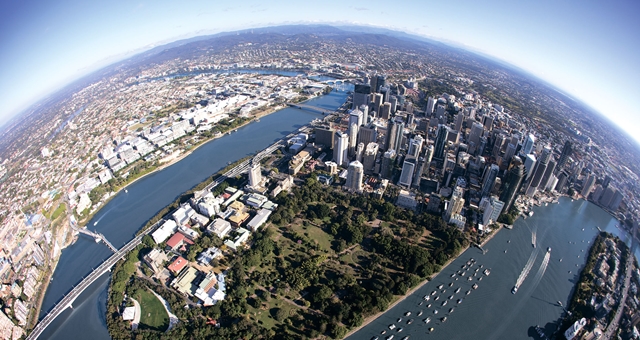Hotels in the Asia Pacific region reported mostly flat year-end 2015 results in the three key performance metrics when reported in U.S. Dollar constant currency, according to data from STR Global.
Compared with 2014, the Asia Pacific region reported a 0.1% increase in occupancy to 68.2%. Average daily rate was down 0.5% to US$108.79, and revenue per available room decreased 0.4% to US$74.25.
Australia posted increases across the three key performance metrics: occupancy (+1.3% to 75.6%), ADR (+1.9% to AUD183.31) and RevPAR (+3.2% to AUD138.51).
While Australia’s overall performance grew steadily in 2015, the country experienced an especially strong December with ADR at AUD195.61—the highest absolute ADR value of the year—and RevPAR up 7.6% year over year. Demand growth (+3.0%) outpaced supply growth (+1.6%) for the month, thanks in large part to major concerts in Sydney and Melbourne.
On the contrary, markets linked with mining such as Darwin, Brisbane and Perth experienced strong supply growth and limited demand.
China saw occupancy (-0.1% to 65.1%) remain nearly flat. ADR in the country was down 3.4% to CNY545.20, and RevPAR fell 3.5% to CNY354.91. Although China reported steady annual demand growth (+3.9%), supply grew at a slightly faster rate (+4.1%), causing negative performance.
Singapore reported decreases in the three key performance indicators: occupancy (-0.4% to 82.5%), ADR (-3.3% to SGD288.90) and RevPAR (-3.7% to SGD238.38). Supply growth (+2.1%) outpaced demand growth (+1.7%) for the year. STR Global analysts also attribute the negative overall performance to a drop in both overseas and business travellers.
Thailand recorded double-digit growth in occupancy (+13.6% to 73.6%) and RevPAR (+13.1% to THB2,667.65). ADR in the country dipped 0.4% to THB3,662.84. Prior to a September terrorist attack in Bangkok, the country had seen double-digit RevPAR increases in seven consecutive months. The year-over-year increases were especially high due to comparison to a weak 2014, in which Thailand experienced significant political and economic unrest.


